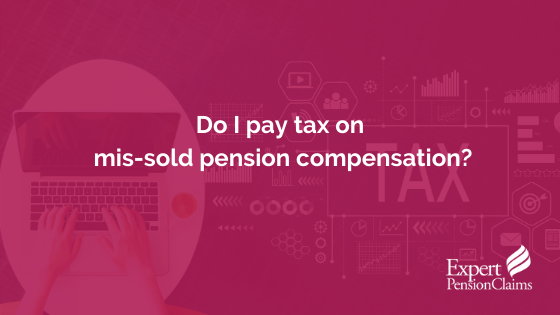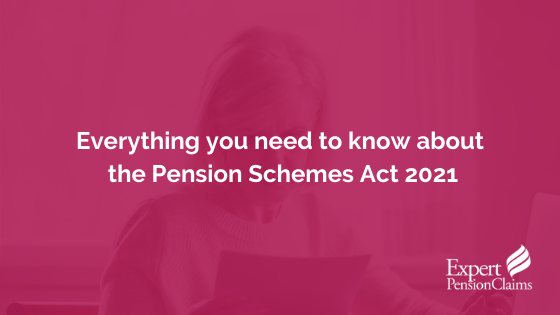As gloomy as the subject of death may sound, it’s important to know about the UK’s pension beneficiary rules that dictate who gets your pension when you die. Generally speaking, the type of pension that you take out and the options that you choose for your scheme will affect who gets your earnings. So, let’s take a look at some common examples.
Private Pensions
In the UK, there are two common types of private pension: a defined contribution pension and a defined benefit pension. If you’ve opted for either one of these schemes, it’s important to take note of how these pensions will get paid out to your beneficiaries when you die:
A defined contribution pension
This common type of private pension is based solely on how much has been paid into the scheme. In the event of your death, the value of your pension pot will normally get paid out in a lump sum to your dependants.
A defined benefit pension
This type of pension is based on your final or average salary and the length of time that you work for the employer. When you die, this pension usually gets paid out to your spouse or partner. A defined benefit pension may also pay your children until they leave full-time education. With this type of pension scheme, however, it is worth noting that the pensions paid to your beneficiaries are usually of a lesser amount than the pension you would have received.
Annuity
Your Pension Annuity is definitely one to consider in the event of your death. To put it simply, an annuity is a financial product that pays you lifetime income, which you buy with money from your pension fund. If you die while receiving income from an annuity, what gets paid out to your beneficiaries will depend on the type of annuity that you have got. Have a read below:
Joint annuity
A joint annuity is a lifetime insurance policy that continues regular payments as long as one party in the agreement is alive. So, if you’ve opted for a joint annuity, your beneficiary will continue to get payments after you die. However, when they die, they won’t be able to pass on these payments to someone else.
Guaranteed period
If you’re assigned to an annuity with a guaranteed period, payments will continue even if you die before that period ends. For example, if you’ve taken out a guaranteed 10-year annuity and die after 8 years, your spouse gets payments for the remaining 2 years. If you die after this 10-year guaranteed period, your spouse won’t get any payments.
Capital protected annuity
When you take out your pension, some providers will give you the chance to protect the proportion of the initial capital that you paid to purchase the annuity. This means that if there’s any share of the capital leftover when you die, your family receives this as a death benefit. For example, if you protected an entire annuity bought with a £100,000 pension pot and died after only receiving £30,000 in annuity income, your beneficiaries would get a benefit capital return of £70,000.
Leaving behind cash
Finally, any tax-free lump cash that you take out, but don’t use before you die, automatically becomes part of your estate. To access this cash, your beneficiary may need to pay Inheritance Tax. The same applies if you take out your whole pension pot in one go or in chunks, but don’t use it all before you die. Your beneficiary can also have the freedom to take the money that is still in your pot to buy an annuity or adjustable income.
Have you been mis-sold your pension scheme?
While planning for the future is sensible, it is important to make sure that you weren’t mis-sold your pension scheme in the first place. From SERPs to SIPPs (Self Invested Personal Pensions) claims, our dedicated team at Expert Pension Claims are more than happy to answer any queries that you may have. Simply fill in our online enquiry form or contact the team on 0161 968 0768.














